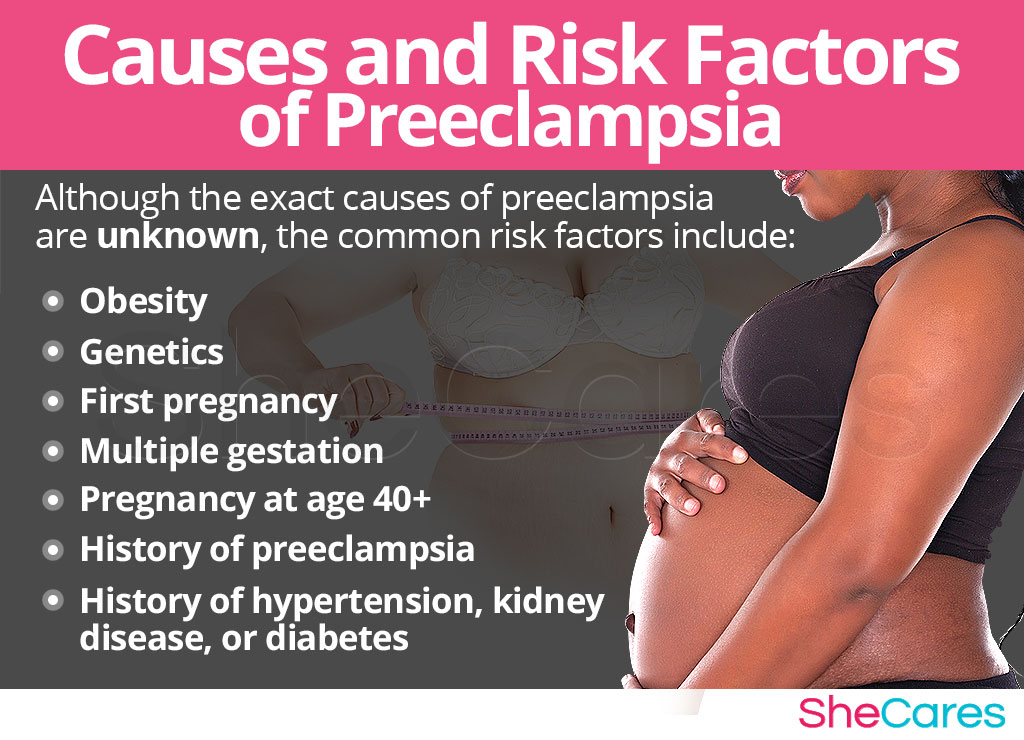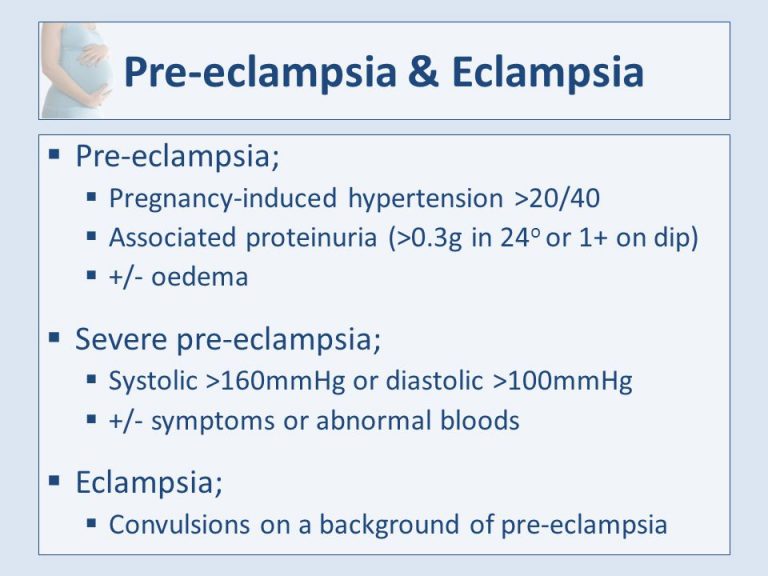Pre-eclampsia: Causes
Gather 'round, funny folks! Today we're talking about something that can make any pregnant person's life a real pain in the belly: preeclampsia. But don't worry, we're here to make learning about this serious condition a little more fun.
Understanding Preeclampsia
Okay, so what the heck is preeclampsia? Basically, it's a condition that affects pregnant people and causes high blood pressure and damage to organs like the kidneys. This can lead to complications for both the parent and the baby, so it's definitely something to keep an eye on.

What is Preeclampsia?
Preeclampsia is sometimes called the "silent killer" because it often doesn't cause any symptoms at first. But don't worry, it's not like some horror movie monster. It just means that it's important to get regular checkups during pregnancy so that any signs of preeclampsia can be caught early.
The Importance of Monitoring Preeclampsia
We can't stress this enough: preeclampsia is a big deal. It can lead to complications for both parent and baby, including premature birth, low birth weight, and even death. That's why it's so important to monitor your blood pressure and other symptoms during pregnancy.

Statistics on Preeclampsia
Here are some numbers that might make you sit up and take notice:
- Preeclampsia affects about 5-8% of pregnancies
- In severe cases, preeclampsia can cause placental abruption, which is when the placenta separates from the uterus before birth
- Preeclampsia is a leading cause of maternal and fetal death worldwide

Types of Preeclampsia
There are a few different types of preeclampsia:
- Mild preeclampsia: High blood pressure and protein in the urine (but no other symptoms)
- Severe preeclampsia: High blood pressure, protein in the urine, and other symptoms like headache, vision changes, and more
- Eclampsia: Severe preeclampsia that leads to seizures

Risk Factors for Preeclampsia
Some things that can increase your risk of developing preeclampsia include:
- Being over 35 or under 20 years old
- Being a first-time parent
- Having a history of high blood pressure, kidney disease, or diabetes
- Carrying multiple babies

Recognizing Early Symptoms of Preeclampsia
As we mentioned earlier, preeclampsia often doesn't cause any symptoms at first. But if you experience any of the following, it's important to get in touch with your healthcare provider:
- High blood pressure
- Protein in the urine
- Swelling in the hands and feet (that doesn't go away after resting)
- Headache
- Blurred or double vision
- Pain in the upper-right part of the belly

Diagnostic Tests for Preeclampsia
So, what happens if your healthcare provider suspects preeclampsia? They'll probably recommend some tests, like:
- Blood pressure monitoring
- Urine tests to check for protein
- Blood tests to check for liver or kidney problems
- Fetal monitoring to check on baby's health

Awareness and Prevention
The best way to prevent preeclampsia? Regular prenatal care. By getting checkups and monitoring your blood pressure and other symptoms, your healthcare provider can catch preeclampsia early and take steps to manage it.

Early Detection and Timely Treatment
If you do develop preeclampsia, don't panic. Early detection and treatment can make a big difference in reducing the risk of complications. Your healthcare provider may recommend things like:
- Bed rest or reduced activity
- Medications to lower blood pressure and prevent seizures
- Delivery of the baby (if preeclampsia is severe)

Support and Resources
If you're diagnosed with preeclampsia, it can be scary and overwhelming. But you're not alone! There are plenty of resources out there to help you navigate this condition, including:
- Your healthcare provider
- Preeclampsia Foundation (https://www.preeclampsia.org/)
- MotherToBaby (https://mothertobaby.org/)
Well, that's all for now funny folks. Remember, while preeclampsia can be scary, there are things you can do to stay healthy and get the care you need. And if all else fails, just remember: laughter is the best medicine (unless you have high blood pressure, in which case please follow your healthcare provider's advice).
Komentar
Posting Komentar